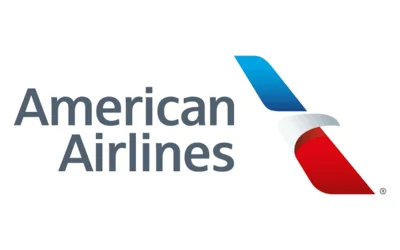Comparing operational costs between these two aircraft is complex due to factors such as seating configuration, route length, demand, and airport fees. For instance, Delta Air Lines found value in operating a large fleet of Boeing 717s partly because of existing expertise with similar models.
Development costs for these widebody jets were substantial: Airbus spent about $25 billion on the A380 program without recouping all expenses before discontinuation. Estimates for Boeing’s investment in the 747-8 range from $4 billion to over $10 billion.
Fuel efficiency varies depending on how each plane is configured and used. On a per-aircraft basis, the smaller Boeing 747-8 burns about 20–25% less fuel than the larger A380. However, when measured per seat—especially at high-density configurations—the A380 can be up to 11% more efficient than the 747-8i; this advantage may drop to around 5% depending on layout choices.
Disputes over cost efficiency have been noted between manufacturers. In one report from Leeham News: "Boeing claims the 747-8 has double-digit lower costs, to which Airbus indignantly says Boeing–not to put too fine a point on it–is lying. Airbus is unusually blunt on this topic." Emirates also claimed its A380s had "16% lower costs than the 747-8," while Lufthansa reported that "the A380 burns less fuel per 100 passenger kilometers," specifying that "the figure is 3% lower on a litre-per-passenger kilometer basis."
Despite some advantages for the A380 regarding fuel burn per seat, several airlines have opted to retire their fleets sooner than those operating the Boeing model. As of now, no airline has completely phased out its fleet of passenger-configured Boeing 747-8s.
The versatility of each aircraft also affects their longevity and secondary uses. The Airbus A380 was never developed as a freighter and lacks flexibility beyond passenger transport; retired units are often scrapped or cannibalized for parts due to spare part shortages after production ceased. By contrast, many retired Boeing 747s—including some former Korean Air jets—have been converted for special roles such as VIP transport or military use by organizations like the United States Air Force.
A larger installed base helps support ongoing operations through pilot training pipelines and spare parts availability. Emirates’ commitment to a large fleet gives it logistical advantages with maintenance and staffing compared to airlines with only a few units.
In summary, while the Airbus A380 offers greater efficiency per seat under certain conditions due to its newer design and higher capacity, airlines have found more practical value—and secondary markets—for retiring or repurposing their Boeing 747-8is.
 Alerts Sign-up
Alerts Sign-up




































